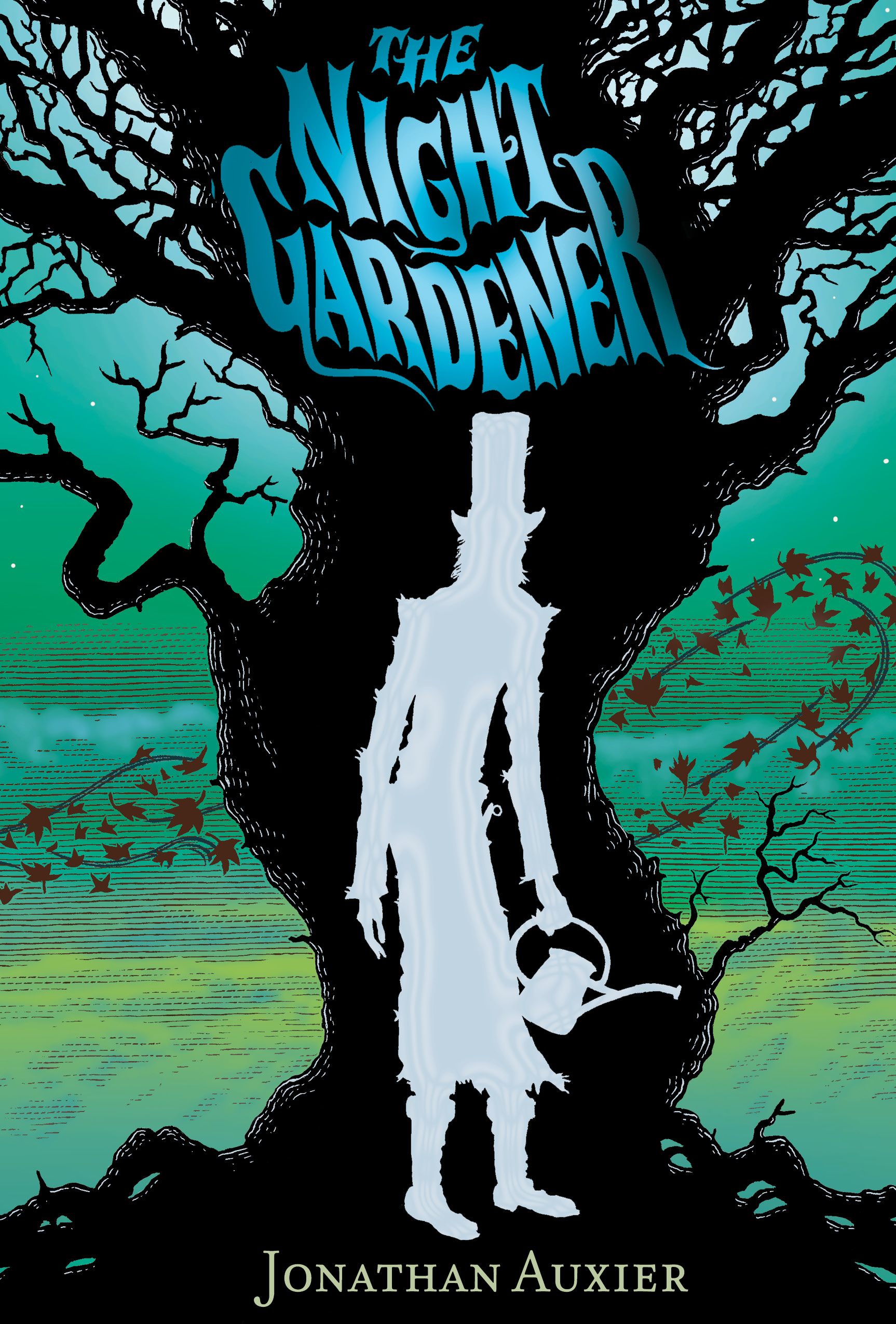Feeling Misunderstood & The Writer's Praxis ...
/Last week author Nathan Bransford posted a question on his blog that I have been thinking about for a long time:
 He elaborated very little on the question, only adding that his gut said it might be determination. The power of Mr. Bransford's blog is such that he can sort of just lob a huge question into the universe and get a gigantic response from enthusiastic readers -- I'm talking hundreds of people weighing in.[1. Not that I'm jealous.],[2. Yes I am.]
He elaborated very little on the question, only adding that his gut said it might be determination. The power of Mr. Bransford's blog is such that he can sort of just lob a huge question into the universe and get a gigantic response from enthusiastic readers -- I'm talking hundreds of people weighing in.[1. Not that I'm jealous.],[2. Yes I am.]
When I glanced down the many responses from readers, I noticed that they fell into two distinct camps. The first group agreed with Bransford, listing traits that point to a strong work-ethic -- "determination," "passion," "persistence," etc. The second group focused more on traits that make up the writerly psyche -- things like "curiosity," "honesty," and (my favorite) "bloody mindedness." Obviously, this is a trick question; there's no one answer to what makes a writer. But looking down this list, I felt like both types of answers were missing an essential element.
 Consider the work-ethic answers. Are determination, passion, and persistence important to a writing career? Of course! However, they are in no way unique to writers. Success in any career requires these qualities.
Consider the work-ethic answers. Are determination, passion, and persistence important to a writing career? Of course! However, they are in no way unique to writers. Success in any career requires these qualities.
The other camp at first seems more tailored to writers. They perfectly capture the fact that every writer has a unique point of view that (arguably) deserves expression. There's only one problem: these personality traits have nothing to do with the actual act of writing. Curiosity, honesty, and bloody-mindedness could just as easily apply to a person who aspires to write but never gets around to it.[3. Also, serial killers.]
To truly answer the question, we need to find a trait that combines the artistic outlook with the professional drive to get things done ... in short, we need praxis. "Praxis" is a theological term that essentially refers to the point where faith becomes action.[4. Students of philosophy might recognize the term from reading Kant, who argued that praxis was the application of philosophy to actual events.]
So praxis for a writer would be the thing that makes them translate their unique personality onto a page. My storytelling gut tells me that this praxis would likely be some kind of personal experience -- an event (possibly traumatic?) that forces them to react by writing. I can't speak for every author, but when I consider events/moments that spur me to actually write, I think of one thing:
feeling misunderstood
This feeling has plagued me my whole life. Every time I've sat down to write something, it's because I feel fundamentally misunderstood by those around me. Writing is a chance for me to articulate all the things going on inside me in a way that I hope will make sense to others.
The good news is that this never goes away. As of this month, I finally have my first novel in the world(!), and every time I read a minor quibble in a review, I feel the same burning shame and frustration that filled me as a child whenever a teacher or parent misunderstood what I had been trying to say.
It's that feeling of being misunderstood that pushes me to write another story. And another. And another.
UPDATE: Nathan Bransford just revisited the topic on his blog, highlighting what he thought was a particularly poignant response from one reader. Click here to read.







